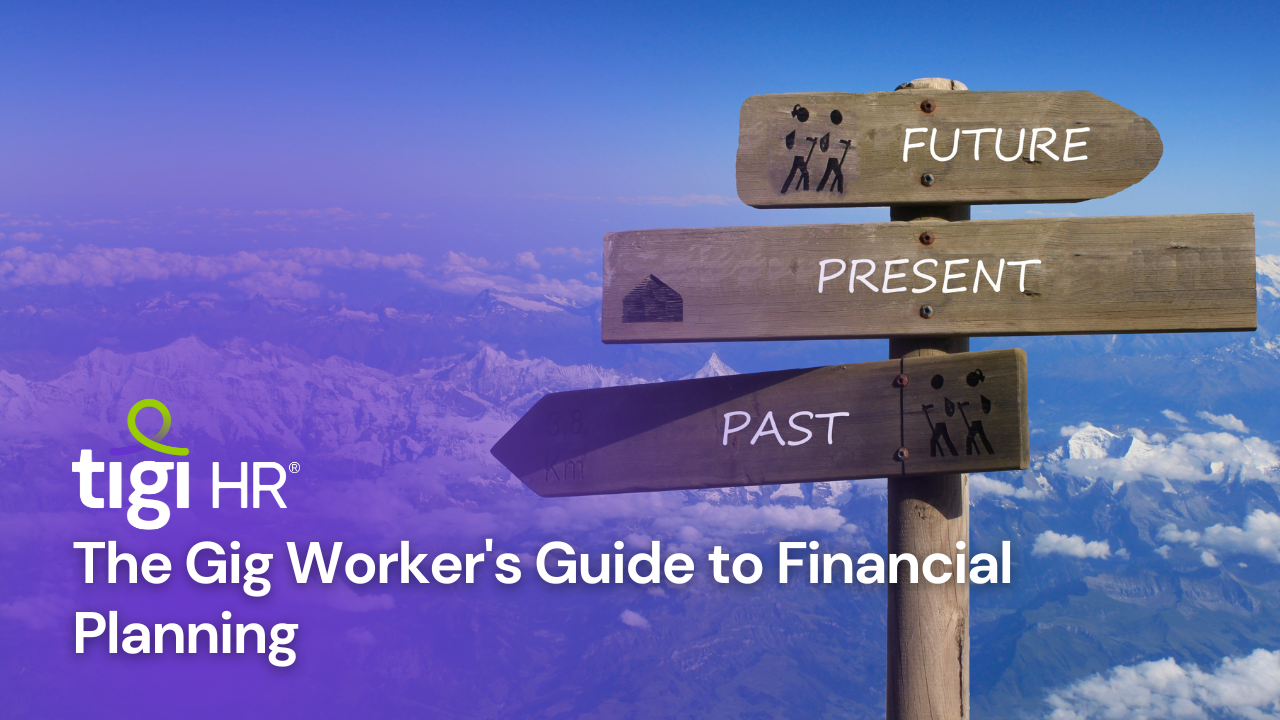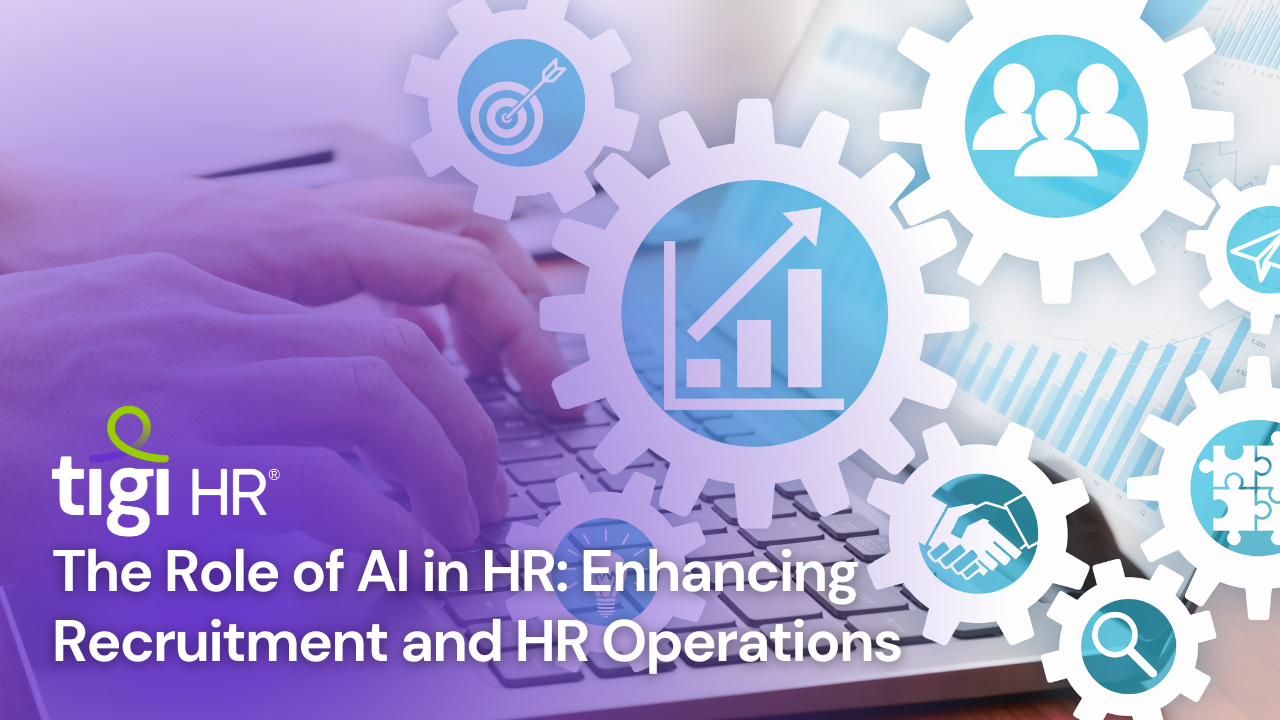Crafting a compelling personal brand is not merely an option; it’s a strategic necessity for career growth. Your personal brand, when authentic and consistent, becomes a powerful asset. It sets you apart, builds trust, and attracts opportunities.
Month: September 2023
Navigating Your Career Journey: Internship vs. Full-Time Job – Decoding the Career Path to Professional Success
Embarking on a career journey is a pivotal moment laden with decisions that carve the trajectory of professional life. Among these crossroads, the choice between an internship and a full-time job stands as a defining milestone. In this exploration, we dissect the intricacies of “Internship vs. Full-Time Job: Which Path Should You Choose?”—a guide designed to illuminate the nuances and empower emerging professionals in making informed decisions.
Internships, as stepping stones from academia to the professional world, immerse individuals in a dynamic learning environment. The synergy of theoretical knowledge and real-world application not only sharpens skills but also satisfies the preference of 91.7% of employers for candidates with practical experience, as revealed by the National Association of Colleges and Employers.
On the flip side, the allure of a full-time job lies in its promise of financial stability and a structured career path. According to the U.S. Bureau of Labor Statistics, the median weekly earnings for full-time workers were $990 in 2021, addressing immediate financial concerns for recent graduates.
The decision, however, is not binary; it’s a delicate interplay of personal goals, industry dynamics, educational background, and economic considerations. Industries such as technology embrace the agility of interns, while traditional sectors favor the stability of full-time hires. The pendulum also swings according to economic factors, with student loan burdens and the cost of living influencing the feasibility of internships versus full-time jobs.
Yet, the landscape offers a mosaic of possibilities, from co-op programs blending academia with work experience to part-time employment providing a middle ground. The rise of the gig economy, with freelancing and short-term projects, adds another layer of flexibility to the decision-making process.
As you stand at the crossroads, ponder the path that aligns with your vision. Is it the immersive learning of an internship or the structured stability of a full-time job? Perhaps a hybrid approach, a co-op program, or part-time employment, resonates with your aspirations. The journey is as important as the destination, and in navigating these career crossroads, find solace in the knowledge that your unique path shapes the professional you become.
Creating a Winning Employee Benefits Package
Crafting an exceptional employee benefits package is akin to creating a work of art. Customization, diverse perks, and a focus on growth and engagement are the essential brushstrokes. Family-friendly policies add depth, while transparent communication illuminates the masterpiece. This canvas must evolve with time, adapting to changing employee needs. Elevate your talent attraction and retention game with a carefully designed benefits portfolio that truly resonates
Effective Leadership in the Modern Workplace
Leadership in the Modern Workplace: From Emotional Intelligence to Sustainable Talent Management, explore the multifaceted role of leaders in today’s dynamic business environment. Learn how adaptability, inclusivity, and ethical decision-making drive success. Discover the keys to leading virtual teams and embracing disruptive technologies. Elevate your leadership skills for a thriving future.
Remote Work Opportunities: Pros and Cons
The dynamic landscape of remote work is reshaping the traditional contours of employment, offering a tapestry of advantages and challenges for both employees and employers. This article dives into the heart of this evolving paradigm, dissecting the pros and cons that define the remote work experience.
**Unlocking the Benefits of Remote Work:**
Remote work has transcended its initial novelty to become a transformative force in the professional realm. Beyond the allure of flexible schedules and improved work-life balance, it has become a catalyst for heightened productivity. The statistics speak volumes, with a notable 47% surge in productivity reported among remote workers according to a study by Prodoscore. The reduction in commute times and the freedom to design personalized workspaces contribute to this newfound efficiency.
Financial gains emerge as a shared boon for both individuals and organizations. The cost savings associated with remote work extend from commuting expenses to office-related overheads, presenting a compelling case for its widespread adoption. Furthermore, the ability to access a global talent pool is fostering diversity within teams and enabling companies to tap into specialized skills irrespective of geographical constraints.
Remote work isn’t just a personal and professional game-changer; it aligns with environmental consciousness. The reduction in commuting-related carbon emissions resonates with the 32% of remote workers who value the freedom to work from any location, reflecting a growing trend towards sustainable work practices.
**Navigating the Challenges of Remote Work:**
However, beneath the surface of these advantages lie significant challenges. Isolation and a dearth of spontaneous collaboration emerge as legitimate concerns, with 46% of remote workers reporting feelings of loneliness according to a survey. The shift away from face-to-face interactions can hinder the free flow of ideas and camaraderie.
Communication, a cornerstone of effective collaboration, takes on new complexities in remote settings. The nuances of verbal exchanges can be lost in written formats, leading to a breakdown in understanding. Buffer’s survey underscores these challenges, revealing that effective communication and collaboration top the list of difficulties faced by remote workers.
Striking a harmonious balance between work and personal life is another challenge, as the boundaries blur within the confines of a home workspace. Security concerns cast a shadow on the digital horizon, with the dispersed nature of remote setups heightening the risk of cybersecurity threats, acknowledged by 52% of IT decision-makers.
**The Evolving Future of Remote Work:**
As remote work solidifies its presence, the future unfolds with a mix of optimism and adaptability. Hybrid models, seamlessly blending remote and in-office work, emerge as a pragmatic solution. McKinsey’s projections hint at a future where over 20% of the workforce could adopt remote work without sacrificing productivity.
Successfully navigating the remote work landscape requires striking a delicate balance between its inherent advantages and the challenges it presents. The future of work seems poised for flexibility, with technology acting as the linchpin for effective communication and collaboration. As we navigate this evolving landscape, the quest for equilibrium becomes paramount, heralding a new era in the way we perceive and engage with work.
In essence, remote work symbolizes a transformative force, reshaping traditional notions of work and offering a glimpse into a future characterized by adaptability, flexibility, and sustainable practices. As organizations and individuals tread this ever-changing path, the pursuit of equilibrium becomes the guiding principle, ushering in a new era in the realm of work.
Interview Tips: How to Ace Your Next Job Interview
In the fiercely competitive landscape of job hunting, mastering the art of the job interview is a critical skill that can make or break your chances of landing that coveted position. The process involves more than just showcasing your qualifications; it requires strategic preparation, effective communication, and a deep understanding of the company’s culture and expectations. From researching the company and understanding the job description to practicing common interview questions and mastering non-verbal communication, this comprehensive guide explores a range of tips designed to help you ace your next job interview.
A key element of interview success lies in presenting a cohesive and compelling narrative about your professional journey. By quantifying your achievements, developing a personal brand, and mastering the art of non-verbal communication, you can effectively communicate your unique value proposition to potential employers. Furthermore, the ability to handle behavioral questions with the STAR method, demonstrate adaptability, and manage stress underlines your readiness for the dynamic demands of the modern workplace.
Interview success is not solely about showcasing your skills; it’s about demonstrating a genuine interest in the company and the role you’re applying for. Thoughtful questions for the interviewer, staying updated on industry trends, and expressing adaptability in the face of change contribute to a well-rounded candidate profile. The interview process is a two-way street, offering you the opportunity to not only impress the employer but also evaluate if the company aligns with your professional goals and values.
Remember, the journey doesn’t end with the interview; it continues with a courteous and professional follow-up. Sending a thank-you email allows you to express gratitude, reiterate your interest, and subtly reinforce your suitability for the position. Each interview is a valuable learning experience, providing insights into your strengths and areas for improvement. By incorporating these tips into your preparation strategy, you’ll be well-equipped to navigate the complexities of job interviews and emerge as a standout candidate in today’s competitive job market. Good luck on your journey to interview success!
Mastering Time Management for a Productive Career
Mastering time management is essential for career success. Prioritize tasks, set clear goals, and utilize techniques like time blocking. Eliminate distractions, delegate when possible, and foster a healthy work-life balance. Embrace the Pomodoro Technique for focus and the Eisenhower Matrix for decision-making. Regularly plan, stay disciplined, and create an efficient workspace. Manage stress and continuously learn for ongoing improvement. With these strategies, you can seize control of your time and excel in your career.
Mental Health in the Workplace: A Guide for HR Professionals
Explore the critical role HR professionals play in promoting mental health and well-being in the workplace. Discover strategies to create a stigma-free environment, provide support systems, and implement mental health training. Learn how to tailor accommodations, reduce stress, and measure the impact of your initiatives to foster a healthier, more productive work environment.
The Gig Worker’s Guide to Financial Planning
Mastering gig worker finances requires adaptability, from navigating taxes and investing wisely to building resilience. Stay informed about economic trends, diversify income streams, and maintain a robust emergency fund. Networking with fellow gig workers can lead to collaborations and support in the ever-evolving gig economy. Don’t forget health and retirement planning; prioritize both physical and financial well-being. Gig workers, embrace flexibility, invest wisely, and build a secure financial future.
The Role of AI in HR: Enhancing Recruitment and HR Operations
Discover the HR revolution with AI. From efficient recruitment to bias-free hiring, AI-powered tools are transforming HR. Elevate employee engagement with AI chatbots. Predict HR needs with analytics. Streamline onboarding and training with automation. Harness data for informed decisions. But tread carefully, ethical considerations matter. Explore how AI redefines HR practices.











